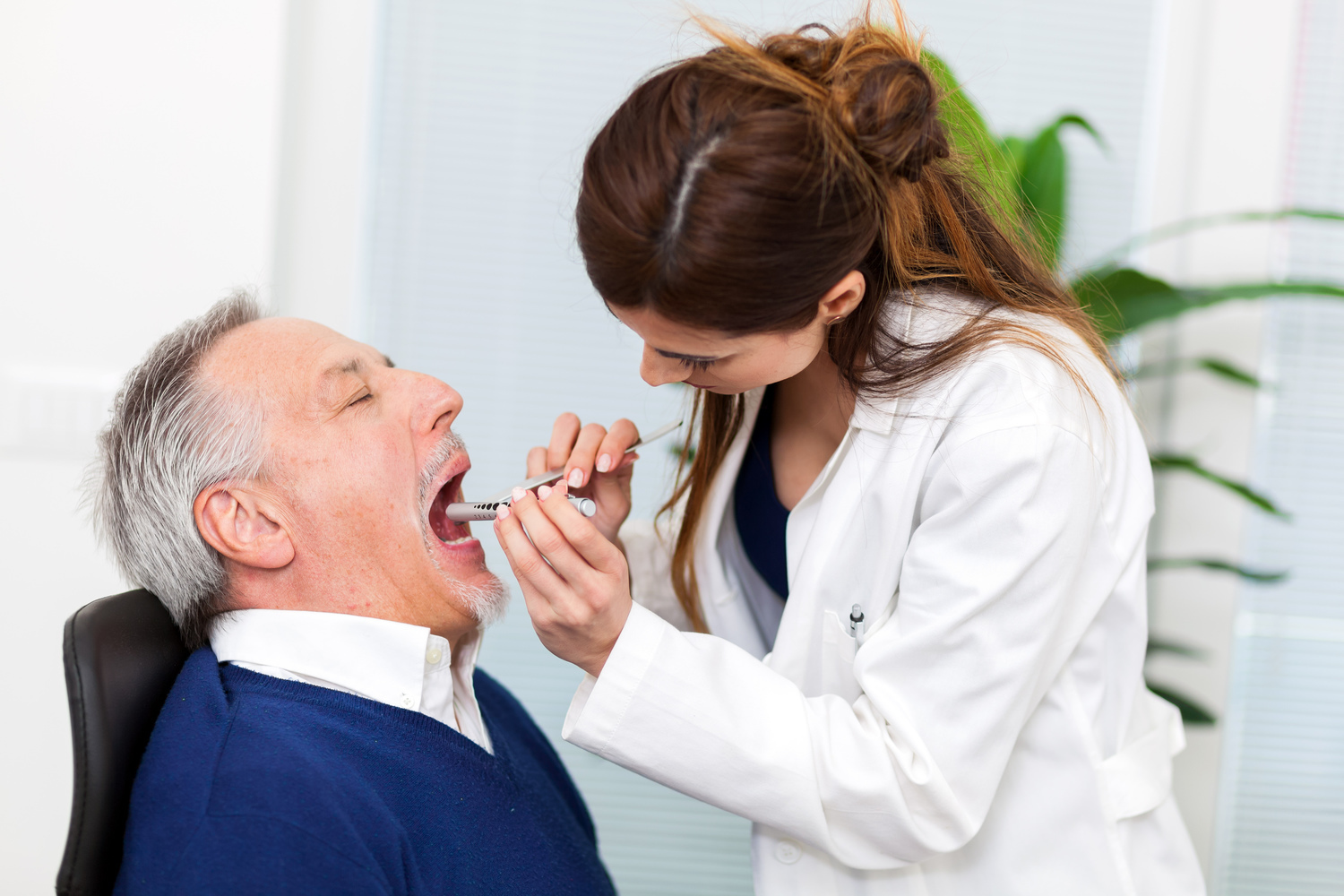Key Healthcare Professionals for Prostate Health Support
This article highlights key healthcare professionals involved in diagnosing and treating prostate conditions, including urologists, oncologists, radiologists, and support staff. Early consultation with these specialists ensures comprehensive care for prostate health concerns, especially in men over 55. Understanding their roles can improve treatment outcomes and overall well-being.

Essential Medical Experts for Prostate Disease Management
The prostate is a small gland roughly the size of a walnut, located within the male reproductive system. It can face issues such as prostatitis (bacterial or non-bacterial), benign prostatic hyperplasia, and prostate cancer, particularly in men over 55. Early diagnosis and treatment from specialized healthcare providers are vital for effective management. Different specialists focus on various prostate conditions, so understanding their roles helps in seeking precise care.
First Step: Consulting Your Primary Care Provider
Begin with a visit to a primary care doctor—such as an internist or family physician—for initial screening and diagnosis. They can perform standard exams, interpret PSA test results, and detect potential problems. If needed, they'll refer you to a prostate specialist.
Primary care doctors can conduct digital rectal exams and analyze PSA levels. If irregularities are found, they will refer patients to specialized prostate health professionals for further assessment.
1. Urologist
Urologists focus on conditions affecting the male urinary and reproductive systems. They are trained surgeons with expertise in treatments for prostate issues, often managing cases flagged during initial exams.
2. Andrologist
Specializing in men's reproductive health, andrologists evaluate fertility issues, infections, and related conditions. They may perform advanced procedures like testicular sperm extraction (TESE) and develop comprehensive treatment plans based on patient histories.
3. Urologic Oncologist
This specialist treats prostate and bladder cancers, with advanced training in cancer therapies. They tailor treatment plans including surgery, chemotherapy, and targeted therapies.
4. Medical Oncologist
Experts in cancer management, they deliver treatments such as chemotherapy and hormone therapy to control prostate cancer progression and manage hormonal effects.
5. Radiation Oncologist
Specialists in radiation therapy, they evaluate and plan appropriate radiation treatments for prostate cancer, advising on the effectiveness and safety of radiation options.
Other Important Prostate Care Specialists
1. Radiologist
Use imaging tools like MRI, CT scans, and X-rays to diagnose and stage prostate issues, including cancer.
2. Pathologist
Analyze tissue samples, such as biopsies, to detect cancerous or other abnormal prostate conditions.
3. Physical Therapist
Support recovery and improve mobility post-treatment or injury through rehabilitation programs.
4. Oncology Nurse Navigator
Coordinate patient care, provide education, and facilitate appointments to ensure seamless treatment experiences.
5. Occupational Therapist
Help patients adapt to life after treatment, offering coping techniques and emotional support.
6. Psychologists or Counselors
Provide mental health support, aiding patients emotionally throughout their prostate health journey.
Note:
The content is for educational purposes. Always consult licensed healthcare providers for diagnosis and treatment. This article does not replace professional medical advice.


